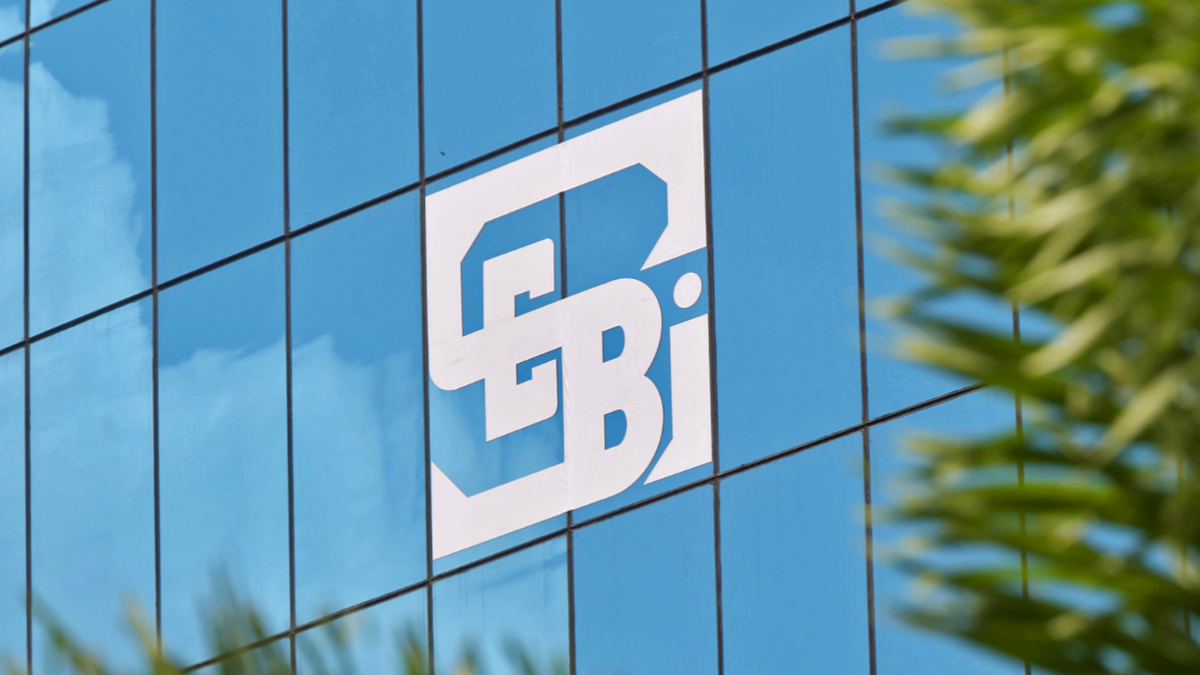The Securities and Exchange Board of India (Sebi) is nudging founders with a stake of 10% or more in their companies to classify themselves as promoters at the time of filing the draft prospectus for public share sales, said two people in the know.
The move could impact companies wanting to go public, especially startups where the founder holding is low, and put the brakes on the growing number of professionally managed companies in India. The promoter tag will also put higher regulatory obligations on the founders.
“The promoter has to be identified at the time of filing the draft red herring prospectus. Many times, the issuer will classify itself as a professionally managed company (PMC). Once classified as such, the PMC tag can remain for years to come. Sebi has examined the issue and is now saying that if a founder is not holding 25% but his holding is more than 10%, he should be identified as a promoter,” said a person familiar with the matter.
According to experts, the regulator’s recent stance is not consistent with the definition of what a promoter ought to be under ICDR guidelines, which define a promoter as someone who is in control of the company.
“No particular benefit is being achieved by introducing a promoter tag to a 10% shareholder, as legally such a person still cannot independently control the issuer or instruct the board to take any decisions,” said a legal expert.
An email sent to Sebi did not immediately get a response.
Under the current regulations, the promoters of the issuer have to hold at least 20% of the post-issue capital, which is subject to a lock-in of 18 months or three years as the case may be. “How will the founder holding 10% arrange for the additional 10% holding? Sebi says the promoter can enter into an arrangement with other parties to do so but how many entities, including institutional investors, would be willing to do that?” said the first person quoted above.
Broadly, there are founders and strategic investors in a startup. Whether founders are to be classified as promoters depends on the control they exercise in the company at the time the company goes for listing. Where founders retain special rights, they are regarded as promoters, said experts.
A promoter has significant obligation towards the company. If the company continually defaults on listing compliances or payment of fees, for instance, the promoter holding could be subject to embargo and put under freeze, according to Nitu Poddar, partner, and Surbhi Roy Jaiswal, senior consultant, at Vinod Kothari & Company.
While, there is a motivation for someone to be named promoter, there is a stronger demotivation as well, they said. “Once named as promoter, getting out of the promoter category leads to regulation 31(A) compliances. It is tough to come out of the promoter classification. So, it is quite natural for a person holding more than 10% stake to contend that he is not a promoter,” they said.
Being a promoter is more a matter of assertion than of attribution and, in the absence of control, the decision to be a promoter should be left to the assertion of the individual, said experts. This means a regime that deems a person with 10% or more stake as promoter should also come with a carve-out permitting otherwise.
“Sebi should permit a person to adduce evidence, give reasoning and make a proper disclosure to say that despite a 10% holding, he has no participation in the management or control of the company. In this case, the person would not have a right to any shareholder agreement or a right of representation in the management or board. So, based on such circumstances, the person may wriggle out of the promoter definition,” said Poddar.
“The concept of promoter is fluid. There has to be a bright line test somewhere and that has to be corroborated with the definition of promoter under the ICDR regulations, which looks at control to determine who a promoter is. It is difficult to justify a founder with 10% equity in the company as being in control,” said the first person quoted above.
